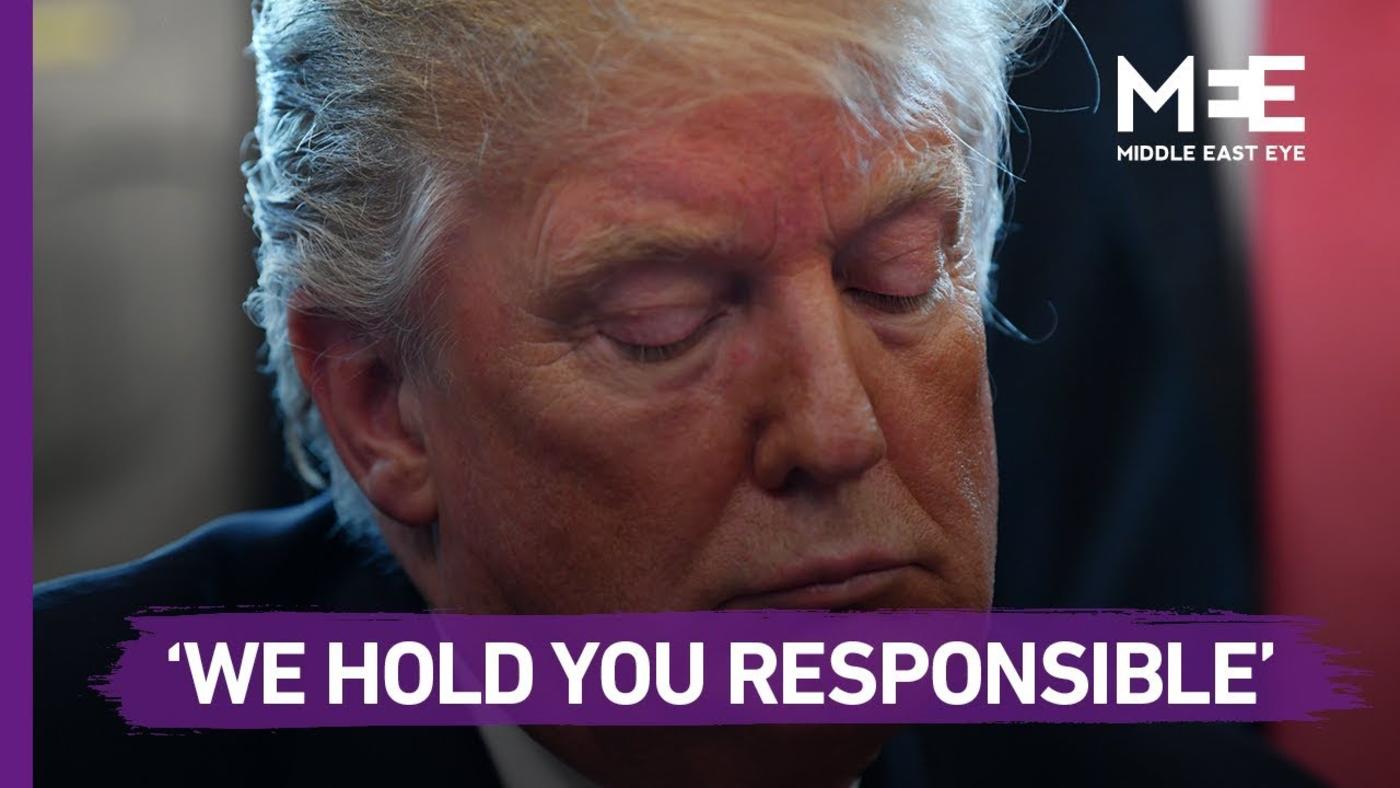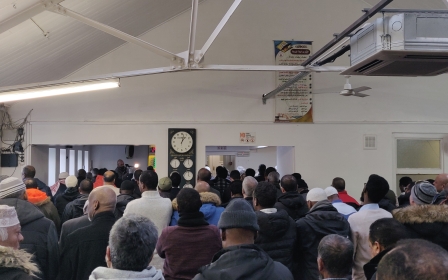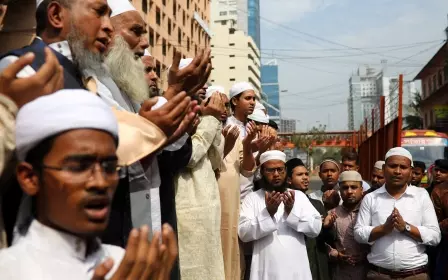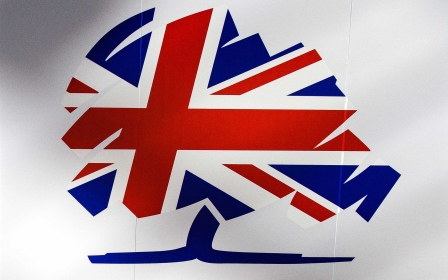'Your words matter': Muslim leaders condemn Trump's bigotry after New Zealand attack
US President Donald Trump has "normalised" Islamophobia amid an international rise in white supremacist ideology, the head of a Muslim-American civil rights group said just hours after an attack that killed dozens of worshipers at two mosques in New Zealand.
In a rambling manifesto that referred to immigrants as invaders, the attacker, who gunned down at least 49 people in Christchurch, New Zealand, on Friday, praised Trump as a "symbol of renewed white identity".
Nihad Awad, executive director of the Council on American-Islamic Relations (CAIR), said that, as the "leader of the free world," Trump's policies and statements have international implications beyond the borders of the United States.
"In many white supremacists' attacks on the American-Muslim community, the attackers cite Trump and cite his policies," Awad said at a news conference on Friday in Washington.
"I don't think anyone of us should be surprised that what he says and what he does impacts the attitudes and actions of people, not only at home, but now abroad."
New MEE newsletter: Jerusalem Dispatch
Sign up to get the latest insights and analysis on Israel-Palestine, alongside Turkey Unpacked and other MEE newsletters
Promoting intolerance
Muslim and civil rights activists have long accused Trump of promoting intolerance with his rhetoric and policies.
As a presidential candidate in late 2015, Trump vowed to ban all Muslims from entering the country, a pledge that he enforced after he was elected by severely restricting travel into the US from several Muslim-majority countries.
"I think Islam hates us," Trump said in an interview with CNN in 2016, when he was still a candidate.
The New Zealand attacker only cited Trump once in his manifesto, balancing his professed admiration for the US president by saying that while he values Trump as a symbol of white nationalism, he rejects him as a political leader.
'He was able to normalise Islamophobia and to give legitimacy to those who fear Muslims and fear immigrants'
-CAIR's Nihad Awad on Donald Trump
Still, many of the arguments that appear in the manifesto also can be heard in the speeches of far-right politicians in the West, including in those of Trump.
For example, the New Zealand attacker said his terrorist attack was motivated by anger over how immigrants have eroded European culture, a supposed phenomenon that the white supremacist militant says he witnessed while traveling through the continent.
The US president has repeatedly stressed that same notion in the recent past.
"I just think it is changing the culture, I think it is a very negative thing for Europe," Trump said last year when asked about immigration. "I know it is politically not necessarily correct to say that, but I will say it and I will say it loud."
Global rhetoric
On Friday, Awad noted that Trump recently referred to a group of Central American asylum seekers heading to the US's southern border as an "invasion," a term mirrored in the attacker's manifesto, which described immigrants as "invaders".
That has been a common theme related to recent white supremacist attacks in North America.
The shooter who killed 11 Jewish congregants at a synagogue in the US city of Pittsburgh in October blamed Jews for helping "invaders" come to the US, referring to refugees.
In Canada, the man who killed six Muslim worshipers at a Quebec City mosque said he was partly motivated by a fear that the Canadian government was opening its borders to massive flows of immigrants, who would then take over the country.
On Friday, Awad called on the US president to reflect on his responsibility as the "most powerful man in the world".
"He was able to normalise Islamophobia and to give legitimacy to those who fear Muslims and fear immigrants," Awad said.
"So, it comes back to him, and we tell him that: your words matter, and your policies matter. If he would like to be the leader of the free world, he has to change his policies, and he has to reset the tone by re-committing himself to unity, equality, not only in words, but also in policies."
Abbas Barzegar, director of research at CAIR, said there is an international network of ethno-European fascists who espouse the same white supremacist beliefs.
"This global network is connected by ideology, by perceptions of race and solidarity, perceptions of history, and their main thesis is that there's a clash of civilisations," he told MEE.
He said these individuals emphasise historical conquests, including the Crusades, in order to back their assertion that cultures are at war.
"This framing affects Muslims in America and Muslims everywhere because it makes us existential enemies to the West," he said.
Muslim communities undeterred
Despite the deadly attack in New Zealand, Barzegar said Muslims in the US remain undeterred.
"The American Muslim community right now is mobilised and strengthened and fearless when it comes to standing up against hate, whether it's directed against us or directed against any other community," he said.
Mike Sareini, a city councilman in Dearborn, Michigan, home to a large Muslim community, echoed that, saying residents are "more attentive" in the aftermath of the tragedy but remain resilient in the face of hate.
'The American Muslim community right now is mobilised and strengthened and fearless when it comes to standing up against hate'
- Abbas Barzegar, CAIR
He said law enforcement officials had assured residents that they would pay additional attention to all houses of worship in the city.
Dearborn had earned a false reputation in far-right circles as being ruled by Sharia law.
Over the past decade, it has attracted armed white supremacist protesters and Islamophobic activists who sought to provoke residents.
But Sareini said Dearborn actually demonstrates that the argument that Muslims in the West drastically alter or dominate the local culture is false; it is like any other American town of its size, he said.
"There is no difference between here and anywhere else … It's a normal, going to school, going to work, enjoying your time with your family and living your life," he said.
Middle East Eye delivers independent and unrivalled coverage and analysis of the Middle East, North Africa and beyond. To learn more about republishing this content and the associated fees, please fill out this form. More about MEE can be found here.





